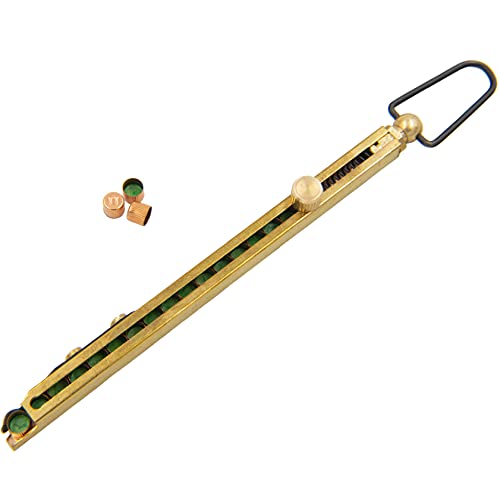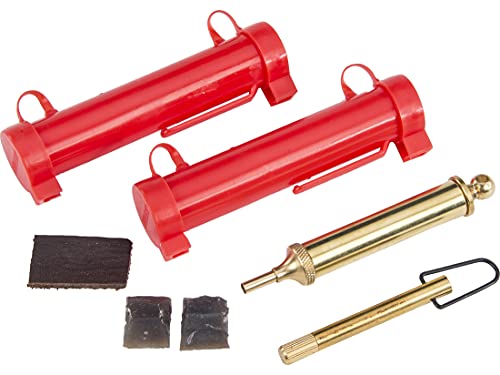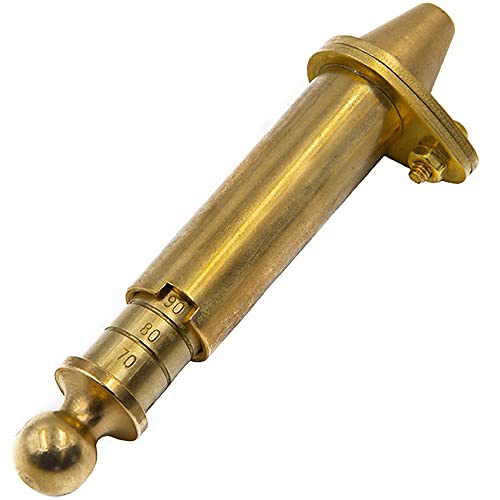I haven't mentioned this for a long time and we have enough newbies on board that I think it's worth saying.
By Newbies, I'm thinking of those of you who haven't had a lot of metal shop training and who own a bench grinder.
Bench grinders are great for a lot of things like grinding off unwanted material but something that is not known about them is a danger that is not immediately obvious.
Sure, everyone knows they need to keep the wheel guard in place and it doesn't take long to learn that the rest that is next to the wheel should be up real close to the wheel but not touching it.
Having the grinder throw your part across the room and embed it in the drywall will teach you that in a hurry.
When you grind a steel or iron part, not only do a lot of sparks fly but a small amount of the grinding wheel wears away. All is good (assuming you have some water handy to cool the part and you keep the object on the grinding rest).
In fact, it's so neat you automatically think of using the grinder when you get your first brass or bronze raw castings that has all sorts of blobs sticking out of it that need removing.
That is where the trouble begins.
Remember when I said the wheel wears away while your grinding iron or steel?
That doesn't happen if your grinding brass, bronze or other soft materials like aluminum.
Instead, much of the brass, bronze or aluminum will embed itself into the grinding wheel. This is called "loading".
So, aside from having a fouled grinding wheel, what's the problem?
Many bench grinders like mine are spinning at about 3450 rpm.
The surface of a 6 inch grinding wheel at that speed is moving at over 60 miles an hour.
The wheel is built to take this kind of speed but when the soft material embeds itself between the pieces of grit the wheel is made from, it tries to push them apart.
That can rapidly overstress the wheel and cause it to literally explode.
Most of the wheel will be caught by the wheel guard (if you were smart enough to leave it in place) but often, chunks of that wheel moving at high speed will fly out and hit your hand, arm or body.
Needless to say, this can cause some serious damage to you.
OK. So what's the solution for "grinding" soft materials like brass, bronze or aluminum?
The answer is, "sanding".
There are inexpensive sanding drums that can be mounted in a hand drill or a drill press. These have replaceable cylindrical drums of metal and wood cutting sandpaper that can be easily replaced, are not very expensive and most important, they won't "load up" and explode when you use them to "grind" brass, bronze or aluminum.
A Belt sander is also handy for trimming off unwanted metal too.
Have fun.
By Newbies, I'm thinking of those of you who haven't had a lot of metal shop training and who own a bench grinder.
Bench grinders are great for a lot of things like grinding off unwanted material but something that is not known about them is a danger that is not immediately obvious.
Sure, everyone knows they need to keep the wheel guard in place and it doesn't take long to learn that the rest that is next to the wheel should be up real close to the wheel but not touching it.
Having the grinder throw your part across the room and embed it in the drywall will teach you that in a hurry.
When you grind a steel or iron part, not only do a lot of sparks fly but a small amount of the grinding wheel wears away. All is good (assuming you have some water handy to cool the part and you keep the object on the grinding rest).
In fact, it's so neat you automatically think of using the grinder when you get your first brass or bronze raw castings that has all sorts of blobs sticking out of it that need removing.
That is where the trouble begins.
Remember when I said the wheel wears away while your grinding iron or steel?
That doesn't happen if your grinding brass, bronze or other soft materials like aluminum.
Instead, much of the brass, bronze or aluminum will embed itself into the grinding wheel. This is called "loading".
So, aside from having a fouled grinding wheel, what's the problem?
Many bench grinders like mine are spinning at about 3450 rpm.
The surface of a 6 inch grinding wheel at that speed is moving at over 60 miles an hour.
The wheel is built to take this kind of speed but when the soft material embeds itself between the pieces of grit the wheel is made from, it tries to push them apart.
That can rapidly overstress the wheel and cause it to literally explode.
Most of the wheel will be caught by the wheel guard (if you were smart enough to leave it in place) but often, chunks of that wheel moving at high speed will fly out and hit your hand, arm or body.
Needless to say, this can cause some serious damage to you.
OK. So what's the solution for "grinding" soft materials like brass, bronze or aluminum?
The answer is, "sanding".
There are inexpensive sanding drums that can be mounted in a hand drill or a drill press. These have replaceable cylindrical drums of metal and wood cutting sandpaper that can be easily replaced, are not very expensive and most important, they won't "load up" and explode when you use them to "grind" brass, bronze or aluminum.
A Belt sander is also handy for trimming off unwanted metal too.
Have fun.





















